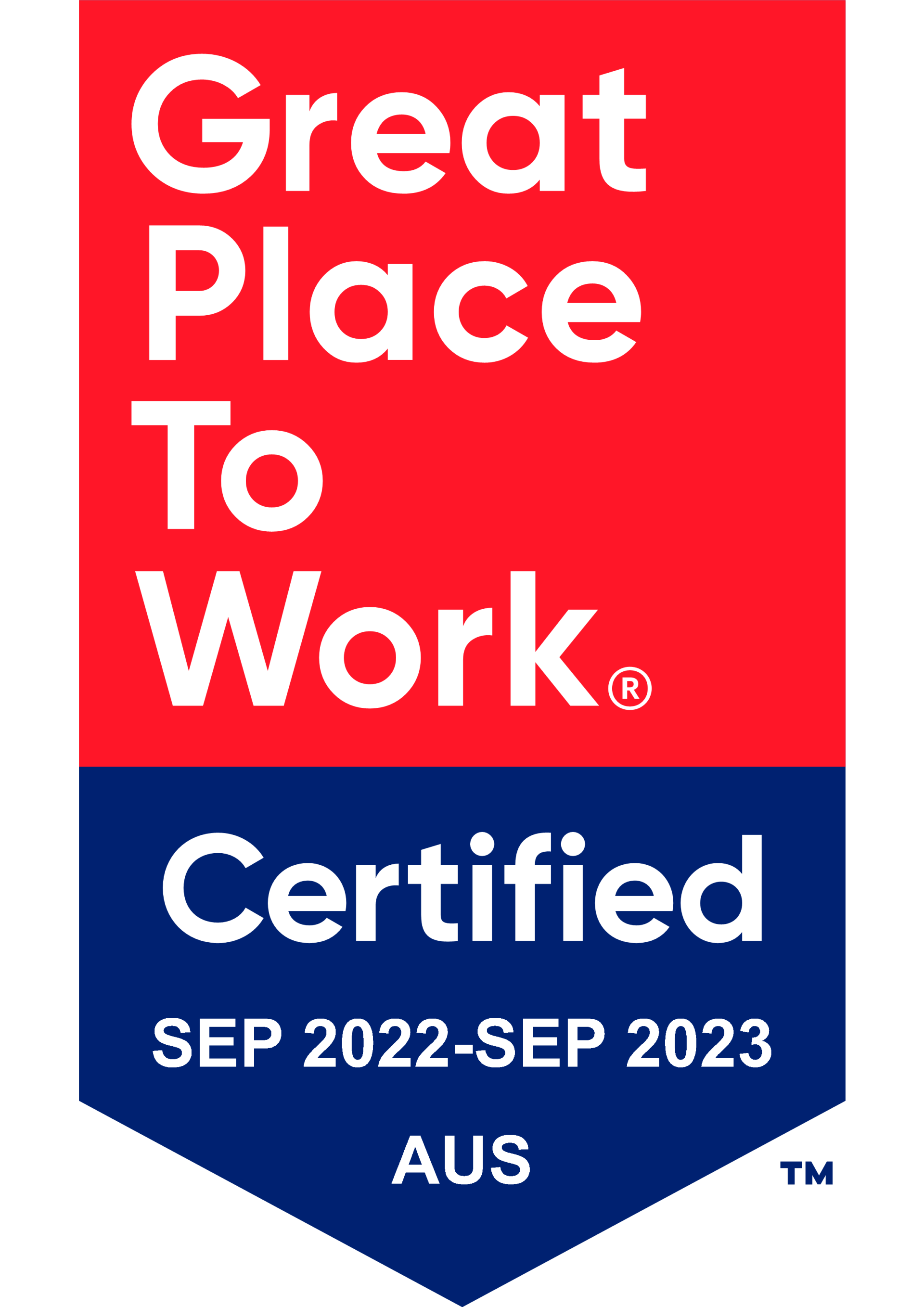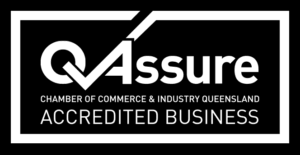How to Settle into a New Job
Once you've secured that perfect IT or Digital position, another phase begins: settling into your new role. With the first weeks packed full of things to learn and names to remember, it’s no wonder that many people find starting a new job to be a somewhat nerve-wracking experience. However, it doesn’t have to be that way.
If you’re looking for ways to ensure you get off to the best possible start, here are a few of our best tips on how to settle into a new job, allowing you to lower stress levels and begin making a positive impact on the business in record time.
Accelerate the Learning Curve
When you’re adjusting to a new job, you’re not expected to know everything right away – the initial days and weeks in the role will likely involve a steep learning curve. Even if you’ve been in a similar role at another company, there will still be new procedures and systems that you will have to get familiar with, although we’re sure you’re aware of that!
Whilst it might sound like common sense, it pays to give your full attention during any orientation or training, and it’s a good idea to take note of any useful information; from internal procedures to coworkers’ names and roles. Writing down key information will help you memorise it and ensure you don’t need to have it repeated to you in future.
If you’re fortunate enough to receive a handover period from the role’s predecessor, make the most out of the time to build your understanding of the role, company processes and insider tips. In addition, make it a priority to listen more than you talk during the onboarding stage, but don’t shy away from speaking up with questions when you need to.
Start Building Relationships
An essential part of settling into a new job is getting to know your new colleagues, as well as key stakeholders. In a new environment, many people will feel shy initially, but try to be friendly and take every opportunity to introduce yourself. Make an effort to remember names by writing them down if you need to, or even creating an organisational chart to understand how everyone fits within the company.
Most people enjoy talking a bit about themselves, so a great way to start a conversation is to ask your new colleagues about their roles and professional background. Likewise, asking questions about anything from an internal process to how to use the coffee machine gives the other person the opportunity to feel like the expert and share their knowledge. You can also look for ways to help out with everyday tasks (provided you have done your own work) – this will not only help you to establish a reputation as someone willing to go the extra mile, but provides another chance to build rapport with your coworkers.
Additionally, make time early on to get to know your manager, particularly their communication style. Do they prefer face-to-face meetings over email? Investigate how they like things done; are they detail-oriented or more concerned with the big picture? If they like frequent updates, make calendar reminders to send reports, or if they’re more hands-off, they might prefer a more independent approach from you. Understanding their unique working habits will make it a lot easier to build a good relationship.
Immerse Yourself in the Company Culture
It is likely that the culture was a big part of what attracted you to the company in the first place, so understanding it further will help you adapt to the workplace. Use the first few weeks to immerse yourself in the culture and absorb what goes on around you:
- Look at how people interact with each other both internally and externally. Are people casual and hang out after work often, or do they take a more buttoned-up approach, keeping business and personal time separate?
- Pay attention to the way the business operates, including attitudes towards leave, overtime, and flexibility.
- Accept invitations to lunch, coffee runs and other social activities to take advantage of any opportunities to know your colleagues in a casual setting.
As someone new to the business, you may have a fresh perspective on how to improve the culture, but make sure you’ve fully understood current practices and established yourself in the team before making any suggestions.
Adapting to a new work culture takes time, and while it’s easy to feel impatient to fit in, remember that this early period will allow you to solidify relationships and become a valued member of the team in the long term.
Summary
Settling into a new job is challenging at any level, but it’s also is a great opportunity to make a fresh start, build your expertise and develop useful professional connections. With our top tips in mind, you’ll go into your new role feeling well prepared and ready to get off to a strong start. Ultimately, the best approach is to simply focus on doing a good job – if you give it your best from the start, you won’t have anything to worry about!
If you’d like more guidance on navigating the IT and Digital recruitment process, the team at PRA will be happy to meet with you – get in touch with us today!



